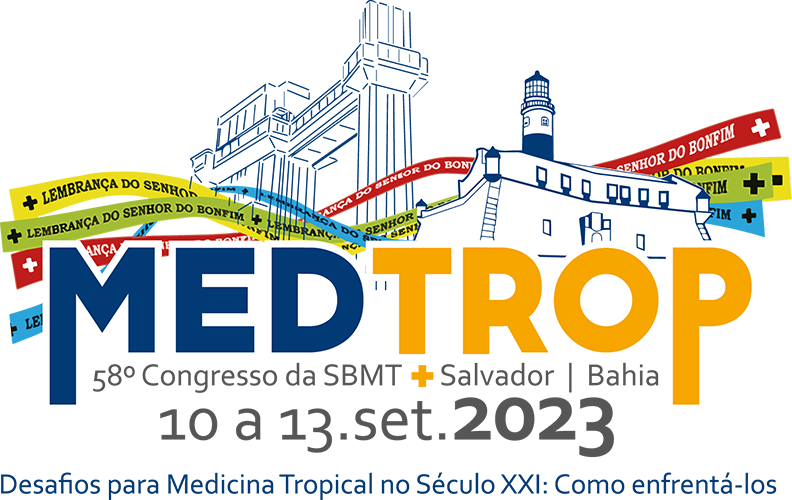Dados do Trabalho
Título
PET-Parasitology: contributions to social and academic training and teaching Parasitology to students
Introdução
Tutorial Education Program (PET), a MEC initiative, works inseparably with teaching, research and extension.
Objetivo (s)
We aim to contribute to the academic/social education of UFPE graduates and build knowledge about Parasitology among students.
Material e Métodos
The activities and all the didactic resources were carried out and built by students from the PET-Parasitology/UFPE Group during the 2022/2023 semesters. Educational actions included games, panels, posters, leaflets, short courses, practical classes (slides and parasitological techniques) carried out in a conversation circle based on learning. During the period, the group received 8 public schools, around 350 high school and elementary school students, where each action lasted around 4 hours. In the actions, we approach parasites (taxonomy and morphology), clinical, pathophysiological, diagnostic, prophylaxis, treatment and epidemiological aspects. The students' level of knowledge was assessed when starting the conversation circle by asking: What are parasites? In general, they declared: “worms”, “worms” and “diarrhea”. Through the answers, the dialogue was consolidated and many doubts and knowledge about parasites/parasites were built. The students were subdivided into groups (n= 5-8) and received for theoretical/practical workshops on parasitic endemics, including schistosomiasis, trichomoniasis, Chagas disease and geohelmitis. We highlighted the importance of parasitological examination of feces, carried out practical activities of parasitological diagnostic methods and highlighted the importance of never performing treatment before diagnosis. Using microscopes and magnifying glasses, the students were able to view protozoa, helminths and arthropod vectors.
Resultados e Conclusão
The students were delighted and, showing interest and enthusiasm, drew and/or photographed the material, in addition to approaching the Petianos to clarify doubts and thank them for the knowledge transmitted. They also participated in the game “Show do Milhão da Parasitologia”, in which, with questions and answers, we can evaluate the knowledge built. The Petianos were motivated, gained confidence and resourcefulness in the conversation circle, with a pedagogical and scientific background and social commitment. Thus, the Program has contributed to humanized academic, professional training and to the dissemination of knowledge about parasitology among schoolchildren.
Palavras-chave
Health Education, PET, Parasitology.
Agradecimentos
Ministry of Education (MEC), Federal University of Pernambuco.
Área
Eixo 14 | Outro
Categoria
NÃO desejo concorrer ao Prêmio Jovem Pesquisador
Autores
João Victor Ritinto da Rocha, Caroline Paiva da Silva, Doralice Conceição da Paz Neta, Gleyciane Siqueira de Santana, Wesllen David Silva Vila, Rodrigo Ferreira da Silva, Ingrid da Silva Florencio Freire, Yasmin Vitoria Moura de Sena, Kamylle Cynnara Tavares da Silva, Ana Julia Santos, André de Lima Aires

 Português
Português English
English